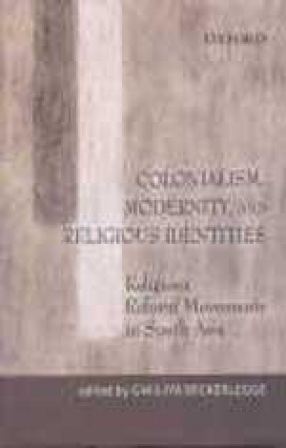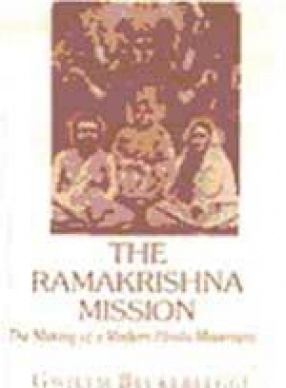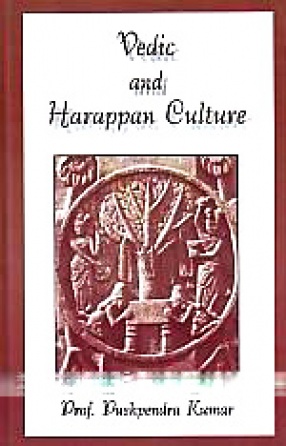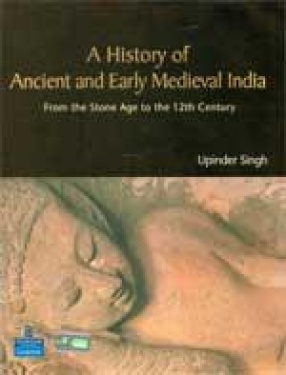Exploring the changing relationships between religion and the socio-political context, this volume analyses the experience of individuals and religious groups and also the movements during the colonial period and after. It critically examines the process of formulation of religious identities in South Asia. The essays also document the different ways in which the latter negotiated the challenges posed by colonial modernity. The collection explores a number of Hindu and Muslim movements in different regions, and investigates, among other things, the interpretation of religious texts, proselytization the apologetic use of art, and Hindu constructions of East and West. The issue of gender in religion is addressed through studies of both Islam and Hinduism. The contributors also engage with the uses of functionalism, orientalism, and syncretism as analytical concepts in the study of religious phenomena. In his introduction, Gwilym Beckerlegge reviews the changing historical scholarship on religious reform movements in South Asia. He underlines the role of new elements in the redefinition of religious identities during nineteenth century and in more recent times. The editor also discusses the relationship between the past and modernity implied by religious reform. The issues raised in this book will interest scholars and students of modern Indian history, sociology, and cultural and religious studies.
Colonialism, Modernity, and Religious Identities: Religious Reform Movements in South Asia
In stock
Free & Quick Delivery Worldwide
reviews
Bibliographic information
Title
Colonialism, Modernity, and Religious Identities: Religious Reform Movements in South Asia
Author
Edition
1st ed.
Publisher
Oxford University Press, 2008
ISBN
0195692144
Length
viii+276p.
Subjects






There are no reviews yet.